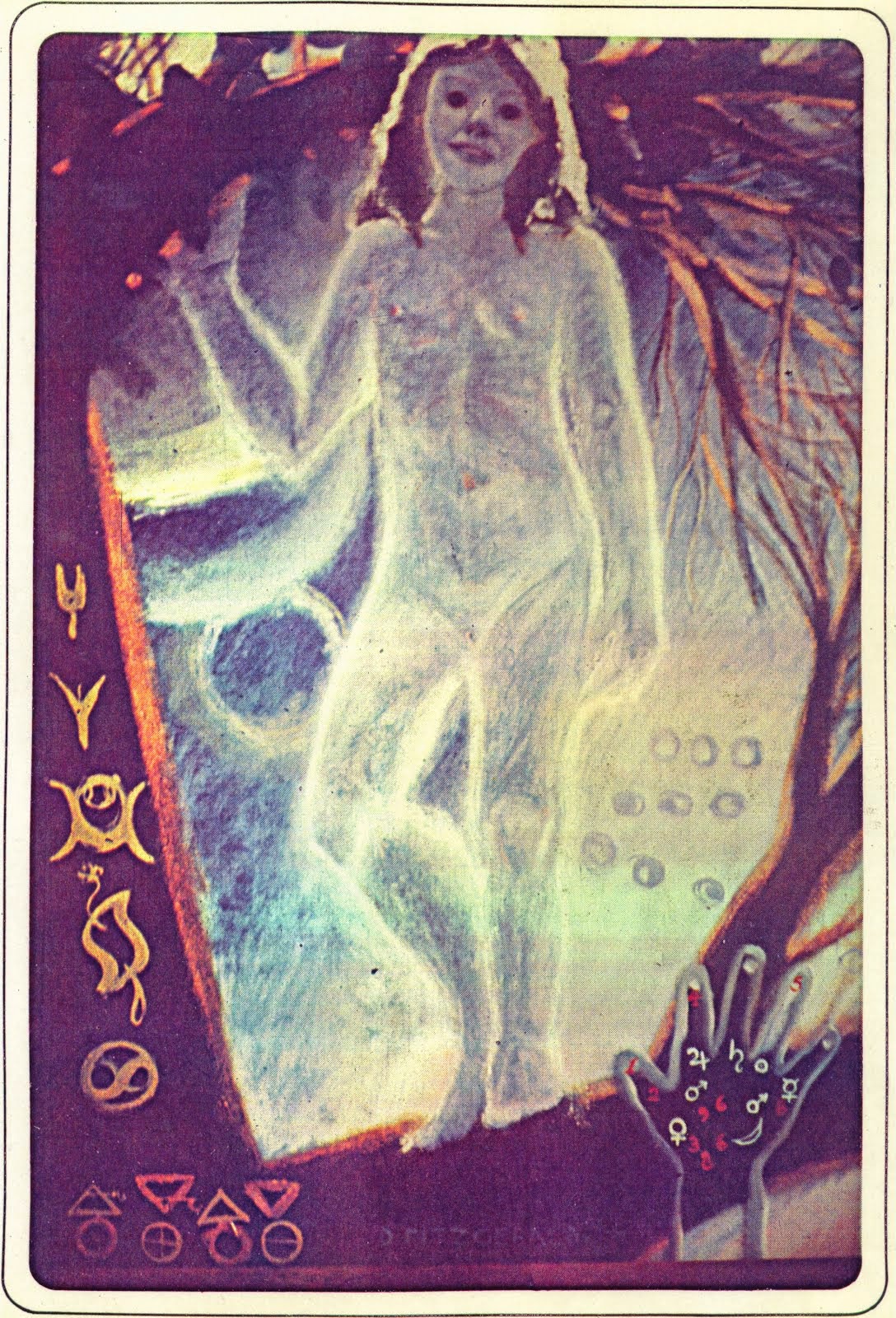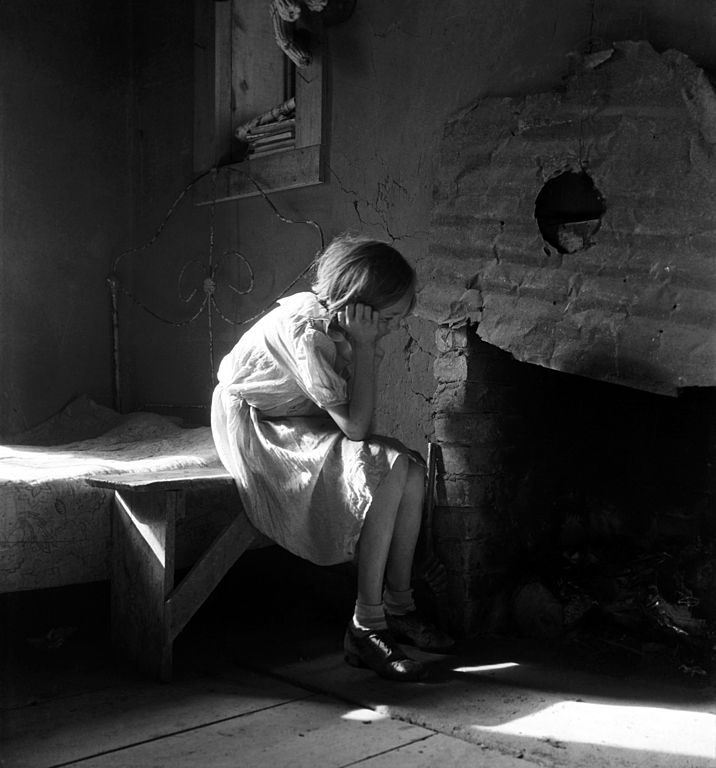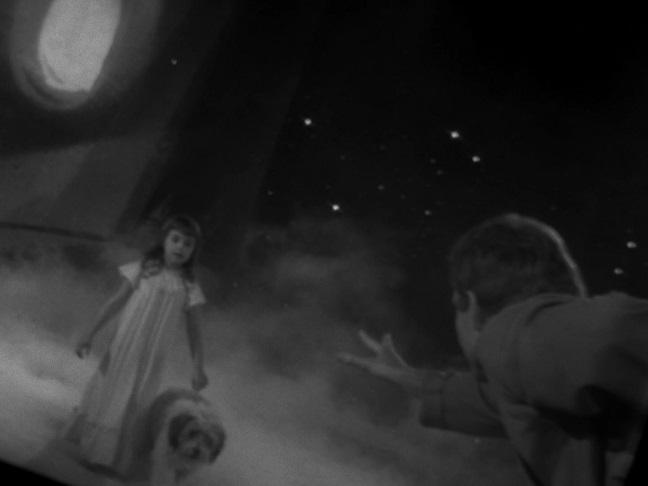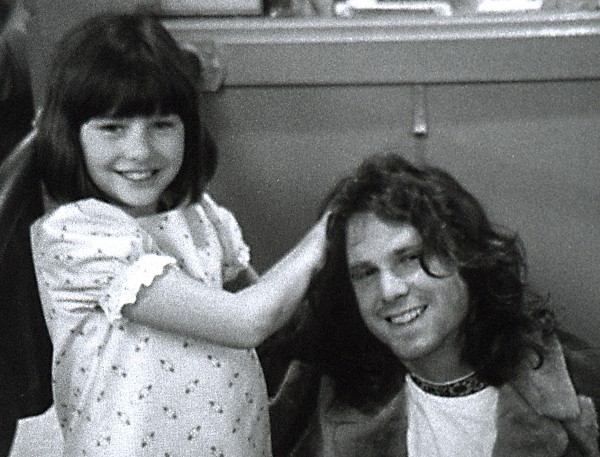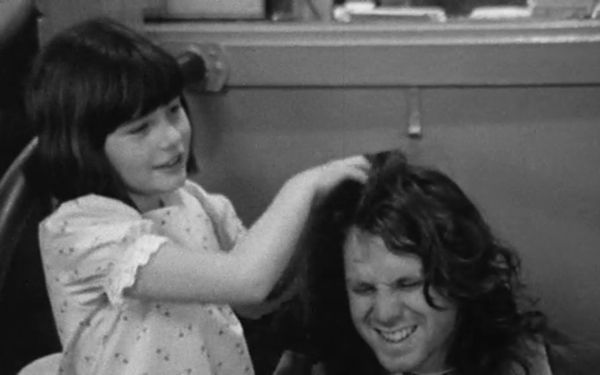
Jim Morrison, the singer of the rock group The Doors, was foremost a poet. He wrote most lyrics of the group’s songs, and he filled notebooks with poems. In his lifetime he self-published three volumes of his poetry, and more poems were published posthumously. His collected works were edited by Frank Lisciandro and published as a single volume by Harper Design in 2021. CONTINUE READING / CONTINUER LA LECTURE…


